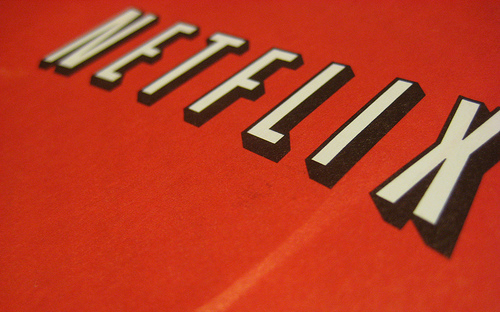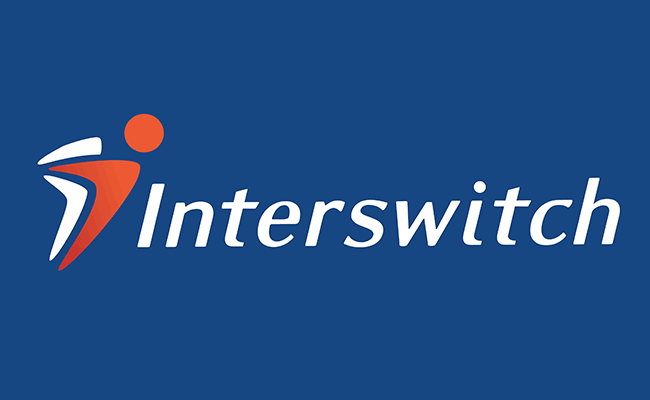
The Communications Authority Of Kenya has differed with the Kenya Film Classification Board (KFCB) over the regulation of content carried by American movie streaming service Netflix, which launched operations in 130 new countries including Kenya last week.
The Communications Authority is of the opinion that Netflix should not be required to apply for a local broadcasting licence, meaning the US firm would be exempt from local broadcasting regulations that are part of the licensing conditions.
This was contrary to KFCB’s position that Netflix be regulated and subjected to Kenya film classifications before its content would be made available in Kenya.
The Communications Authority held that Netflix is a content provider that does not control the transmission of its material, meaning that it is an over-the-top (OTT) service. It only makes the content available, unlike cable companies that transmit controlled content over a managed network, making it impossible to license them locally or regulate their content.
“Netflix is an over-the-top service provider, and subscribers get its content through streaming. As such, the Communications Authority will not ask them to apply for a licence,” CEO Francis Wangusi said. “Should Netflix partner with local providers or avail its content on the digital broadcasting platform where its signals can easily be accessed, then it will be required to adhere to local broadcasting regulations.”
“The Communications Authority will only become involved in matters relating to quality of service to the customers,” Mr Wangusi added.
However, KFCB CEO Ezekiel Mutua insisted that his agency had the mandate to fully regulate and govern any and all content made available to Kenyans, whether broadcasted or streamed, meaning that Netflix would have to be subjected to its classification format.
“The content will be viewed in Kenya”, Mutua said, “therefore it needs to be subjected to Kenyan ratings and standards for consumer protection. The Kenya Information and Communications Act of 2013 [PDF] empowers the board to impose any restrictions on all films to be aired by broadcast stations, whether mainstream or online, in order to ensure they conform to national values”
The ratings system in Kenya is laid out in the Films and Stage Plays Act of which deals with regulation of film content.
The KFCB board had summoned representatives from Netflix to review the standards under which the streaming service rates its content. Most of Netflix’s content is produced in the US, with ratings based on the American classification system.
KFCB’s head of compliance, Emmah Irungu, noted that any foreign content received in the country for viewing or broadcast will be subjected to the Kenyan law.
“Netflix will have to be subjected to the film classification guidelines in Kenya,” Ms Irungu said, noting that there are cultural differences and attitudes that could lead to differences in classification.
The proliferation of services such as Netflix that supplant established players using services delivered over the Internet present an interesting challenge for policymakers.
“To watch anything on our service, consumers have to subscribe. We empower consumers to make smart viewing choices by providing details on the titles, including ratings and episode synopses. We also provide parental controls,” Netflix said in response to the push for a secondary set of local classifications over and above what they have in place.
While Netflix operates from the United States, it will have to cooperate with regulatory agencies in the countries where its content has been made available, otherwise it risks heavy penalties or even outright bans.




















